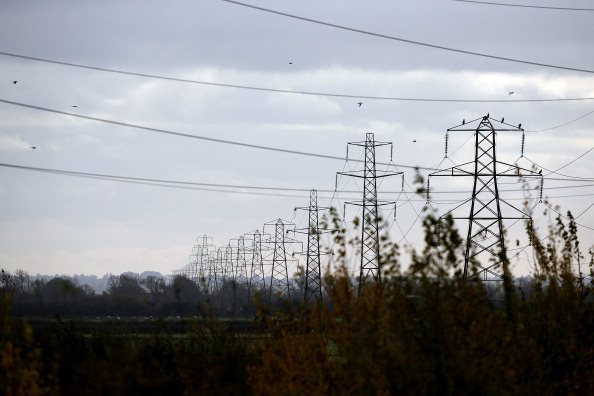In its assessment of EPA’s proposed Clean Power Plan released this week, the North American Electric Reliability Association (NERC) says it will take more analysis to determine if the targets can be achieved in EPA’s time frame without affecting the reliability of the bulk power system.
The NERC assessment, Potential Reliability Impacts of EPA’s Proposed Clean Power Plan, provides recommendations for further analyses to ensure continued system reliability. NERC’s intention, with the help of stakeholders and state and federal policy makers, is to develop “… realistic timelines that accommodate the expected infrastructure deployments needed to support bulk power system reliability, while achieving the environmental objectives of the proposed rule.”
EPA’s plan calls for reducing carbon dioxide emissions from power plants to 30 percent below 2005 levels by 2030 and instructs states to start submitting their implementation plans as soon as June 30. Regional implementation plans are to be submitted by June 30, 2018.
“The bulk power system is undergoing a fundamental transformation toward increasing dependency on natural gas, wind and solar resources. The Clean Power Act substantially accelerates that shift and proposes a very different mix of power resources than we have today,” NERC CEO and President Gerry Cauley said in a statement.
“Our role, through reliability assessments, is to identify emerging reliability issues that must be adequately addressed to ensure future reliability of the electric supply. Based on our preliminary assessment of the proposed rule, we believe there must be further detailed engineering analysis to demonstrate whether the assumptions and targets are feasible in the timeframe proposed.”
Thomas Burgess, VP and director of Reliability Assessment and Performance Assessment at NERC, added “EPA’s estimated generation retirements may be conservative if the assumptions incorporated into the buildings blocks in the Clean Power Plan prove to be unachievable. Some areas may require significant infrastructure enhancements and industry may require additional time to ensure reliability.”
NERC expects to add to its current assessment when it releases its 2014 Long-Term Reliability Assessment sometime this month. The long-term assessment will provide a 10-year view of demand-side resources, transmission required to continue and improve reliability, and the adequacy of power generation.

